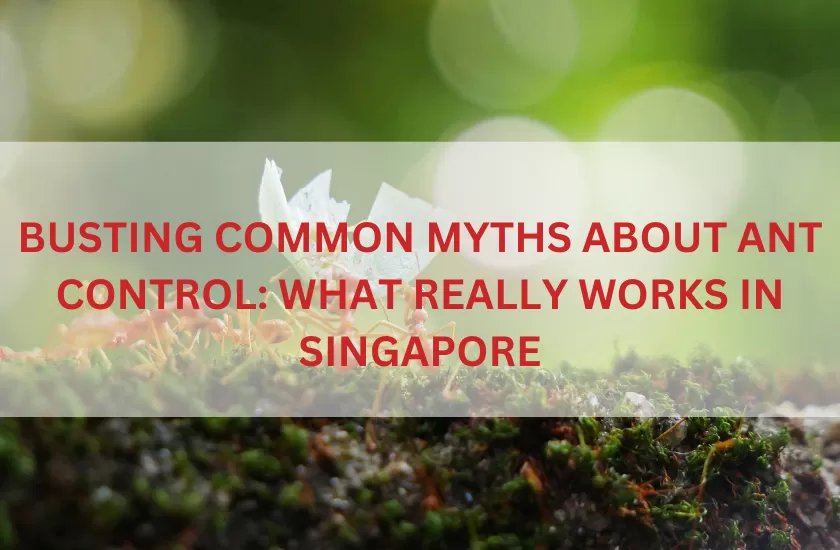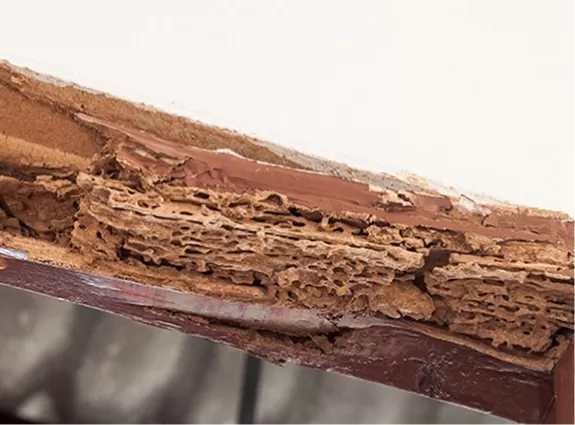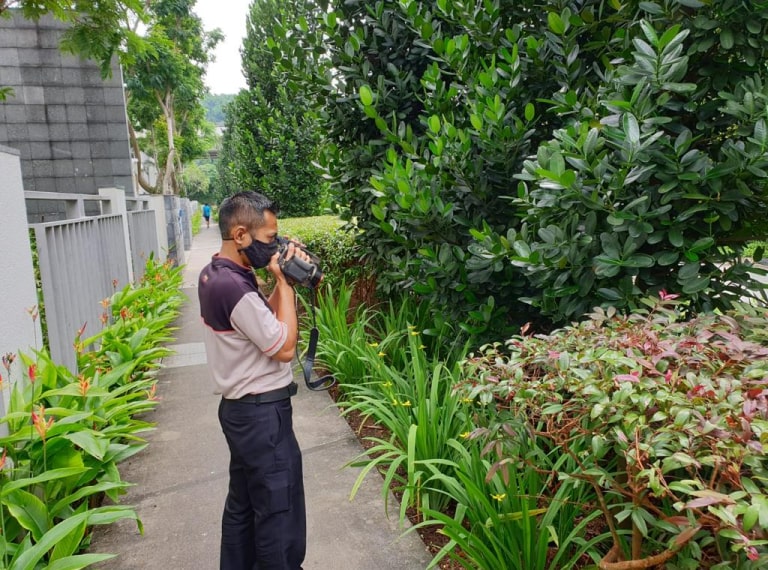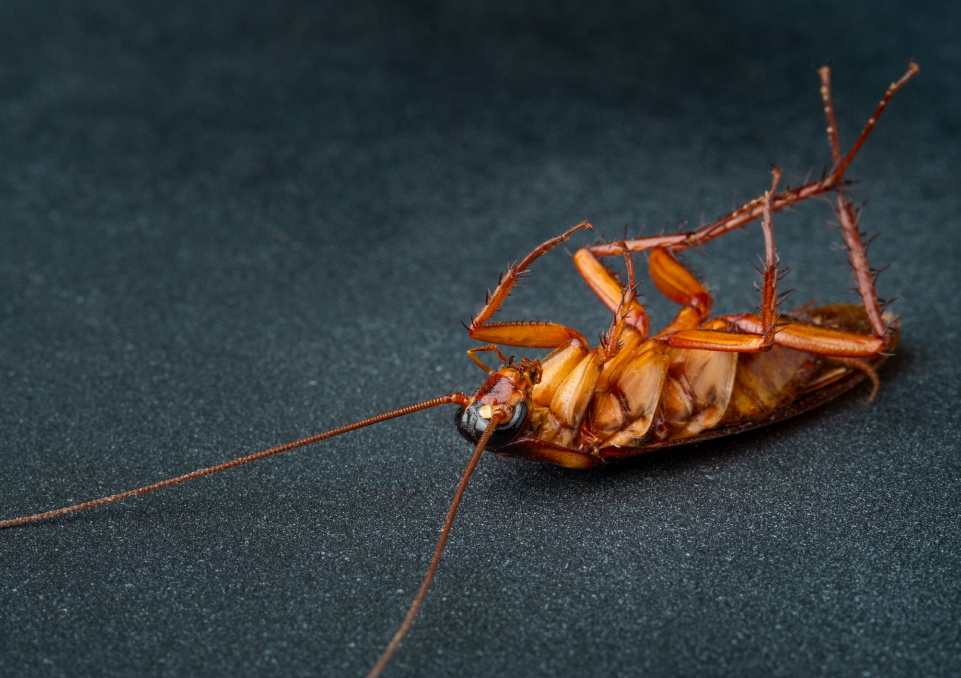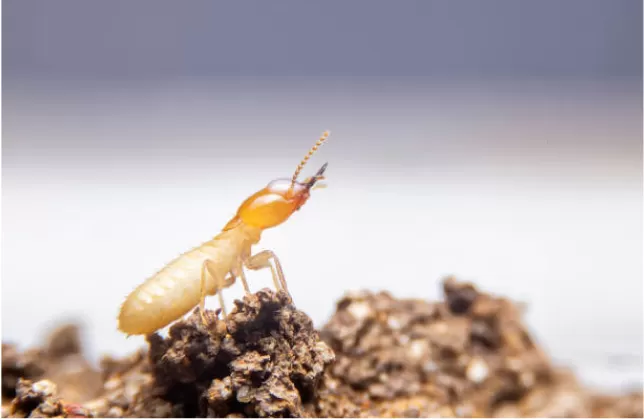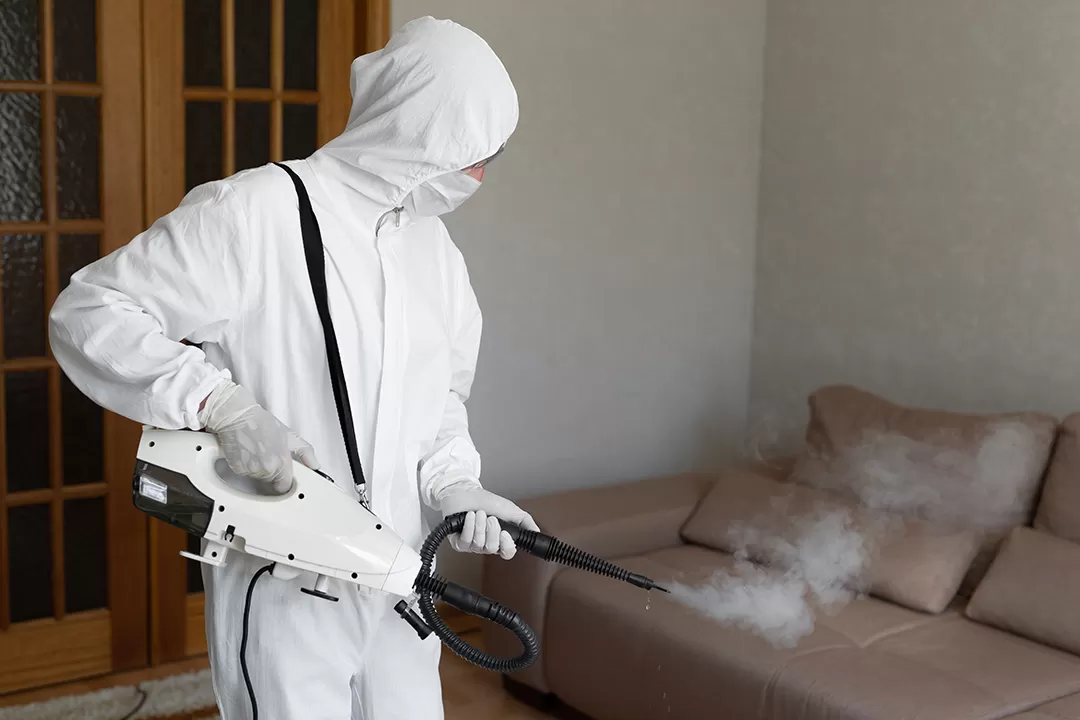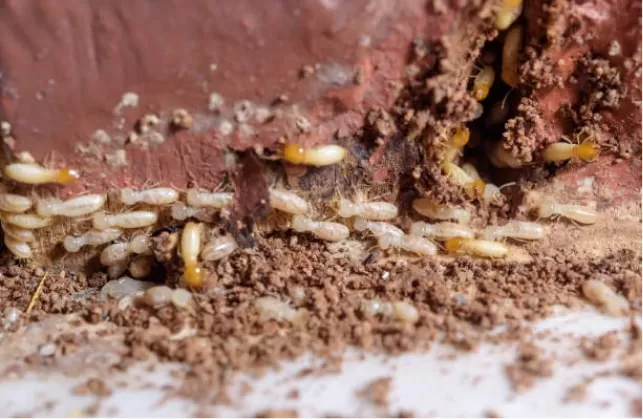Ant infestations are a common issue in many households across Singapore, and their persistence can be frustrating. Given Singapore’s tropical climate, which provides the perfect conditions for ants to thrive, homeowners are constantly seeking ways to eradicate them. However, in the process, various myths and misconceptions about ant control have emerged. These myths often lead people to waste time, effort, and money on methods that don’t work, or worse, aggravate the problem. In this article, we’ll debunk some of the most common myths about ant control and discuss what really works in keeping these pesky invaders out of your home.
Myth 1: Ants Only Invade Dirty Homes
One of the most prevalent misconceptions is that ants are only attracted to filthy homes. While it is true that ants are drawn to food crumbs and spills, even the cleanest homes can fall victim to an ant infestation. Ants are opportunistic creatures that forage for food wherever they can find it, and even small traces of sugar or protein can attract them. Wherever food is left on countertops, ants will take advantage of even the tiniest bits of leftovers.
What Really Works
Regular cleaning and food storage practices are essential, but they won’t guarantee that ants will never enter your home. Sealing cracks and crevices around windows, doors, and walls is a more proactive approach. Ants can enter through even the smallest openings, so closing these entry points is critical to preventing an invasion. It’s also important to store food in airtight containers and keep surfaces dry to avoid creating a food source for the ants.
Myth 2: Using Boiling Water or Soap Will Eliminate Ant Colonies
Many homeowners believe that pouring boiling water or soapy water down an ant trail will kill the ants and destroy their nest. While this may kill some ants on the surface, it rarely addresses the root of the problem. The majority of an ant colony resides deep underground or in hidden crevices that are difficult to reach. Pouring water may disrupt the ants temporarily, but the surviving colony will quickly regroup and re-establish their pathways.
What Really Works
To eliminate an ant colony, you must target the queen. Ant colonies can contain thousands of workers, but they all rely on the queen for reproduction. The most effective way to destroy a colony is by using ant baits. These baits contain a slow-acting poison that worker ants carry back to the nest, ultimately killing the queen and the rest of the colony. Baits are far more effective than pouring water or other household liquids down ant trails.
Myth 3: Killing Worker Ants Will Get Rid of the Colony
Many people think that simply killing the ants they see will solve the problem. However, worker ants are just a small portion of the colony. For every worker ant you see, there are likely hundreds or even thousands more in the nest, including the queen and reproductive ants that continue to sustain the colony.
What Really Works
Instead of focusing on the worker ants you see, it’s more effective to use targeted baiting techniques. Ant baits attract worker ants, who bring the poison back to the colony. Once the bait reaches the queen, the colony will slowly die off. Additionally, it’s important to keep in mind that it may take several days or even weeks for the bait to work completely, so patience is key.
Myth 4: Ants Will Disappear on Their Own
Another common belief is that ants will eventually disappear on their own if you simply wait them out. Unfortunately, this is not the case. Ants are incredibly resilient and resourceful. Once they’ve established a food source, they’ll continue to return to the same area until that source is depleted or removed. Moreover, ants leave a chemical trail known as a pheromone trail, which helps other ants locate food sources more efficiently. Ignoring an ant problem will likely lead to the infestation worsening over time.
What Really Works
Don’t wait for ants to leave on their own—they won’t. Instead, tackle the problem as soon as you notice it. Clean up food spills immediately, wipe down surfaces with a vinegar-water solution to remove pheromone trails, and use ant baits to target the colony directly. The earlier you take action, the easier it will be to eliminate the infestation.
Myth 5: All Ants Are the Same
Many people mistakenly assume that all ants can be treated the same way. In reality, there are many different species of ants, and each one requires a different approach to control. In Singapore, some of the most common ant species include the ghost ant, pharaoh ant, and carpenter ant. Each species has unique habits, nesting preferences, and food preferences.
What Really Works
Proper ant identification is critical to successful control. Different species respond to different baits and treatment methods. For example, ghost ants prefer sweet baits, while carpenter ants are more likely to be attracted to protein-based baits. If you’re unsure what species of ants you’re dealing with, it’s best to consult a professional pest control service. They can identify the species and recommend the most effective treatment.
Myth 6: DIY Home Remedies Are Just as Effective as Professional Pest Control
Many homeowners turn to DIY remedies such as using vinegar, lemon juice, or cinnamon to repel ants. While these natural substances may deter ants temporarily, they are not a long-term solution. Ants are resourceful and will find a way around these deterrents, especially if they’ve already established a food source. Moreover, home remedies rarely address the root of the infestation—the colony itself.
What Really Works
Professional pest control services offer the most effective long-term solution for ant infestations. Pest control experts have access to commercial-grade baits and insecticides that are far more powerful than anything available to the average homeowner. Additionally, professionals are trained to locate and treat ant nests, ensuring that the entire colony is eradicated, not just the visible ants. In Singapore, many pest control companies use Integrated Pest Management (IPM) techniques, which combine different methods such as baiting, exclusion, and habitat modification to achieve lasting results.
Myth 7: Ant Infestations Are Seasonal
Some people believe that ants only appear during certain times of the year, such as the wet season in Singapore. While it’s true that ant activity may increase during certain periods due to environmental factors like rainfall, ants are present year-round. They may simply be more or less active depending on the weather and availability of food.
What Really Works
Ant control should be an ongoing effort. Regularly inspecting your home for signs of ants, sealing potential entry points, and maintaining good sanitation practices will help prevent infestations from occurring in the first place. Don’t wait for the rainy season to start taking action—preventive measures are the key to keeping ants out of your home all year long.
Conclusion
Ant control is often misunderstood, and many myths have been perpetuated about how to effectively deal with these pests. The truth is that eradicating an ant infestation requires a combination of proper sanitation, sealing entry points, and using the right treatment methods, such as baiting. While DIY methods may offer temporary relief, professional pest control services in Singapore provide the most effective and long-lasting solutions. In Singapore’s tropical climate, where ants can thrive year-round, it’s important to take proactive measures to keep your home ant-free.
By debunking these common myths and implementing proven strategies, homeowners in Singapore can effectively control ant infestations and enjoy a more pest-free environment.

